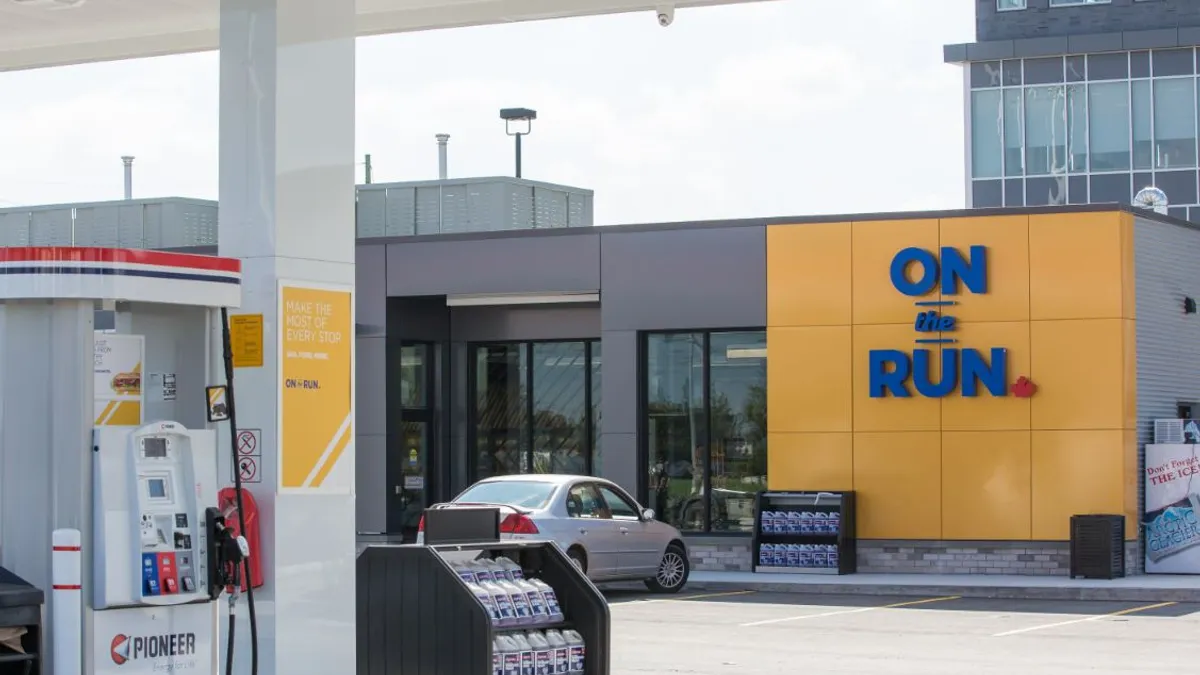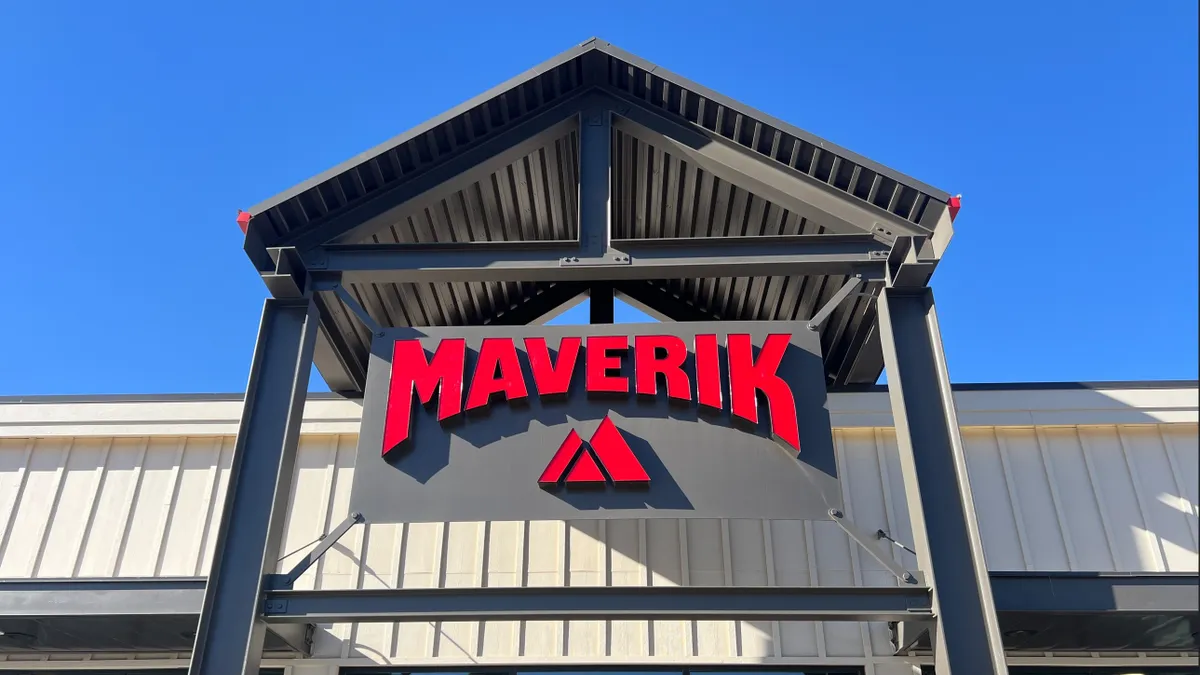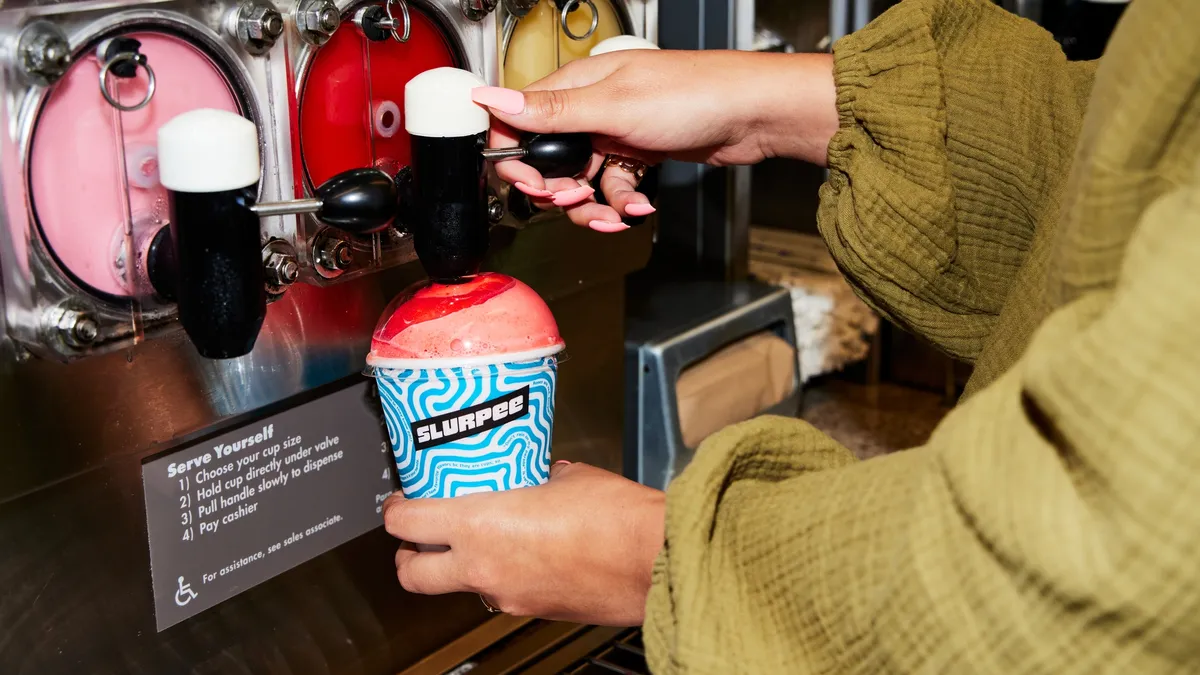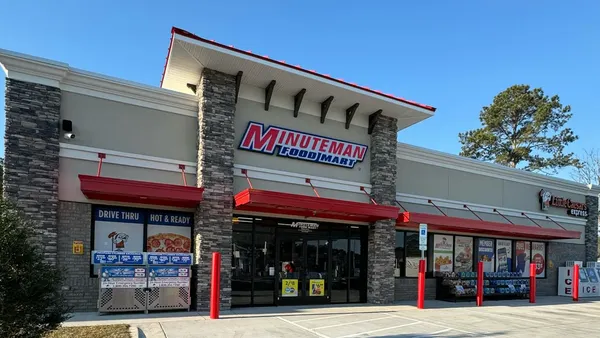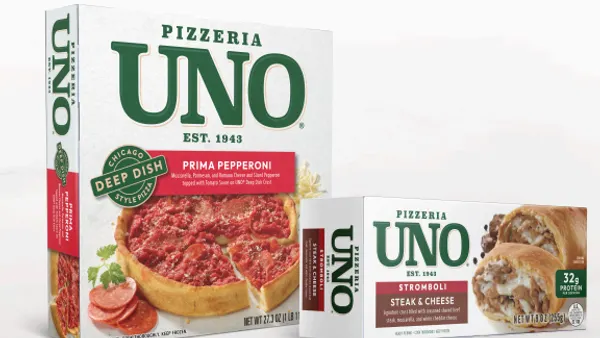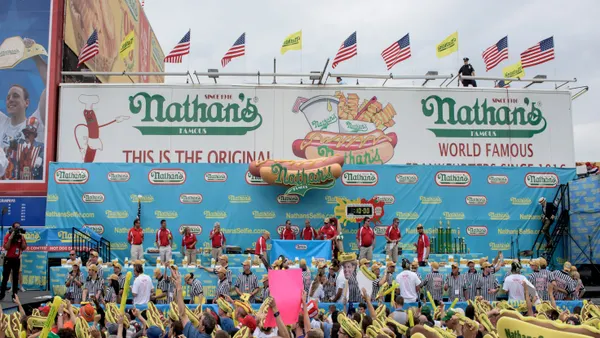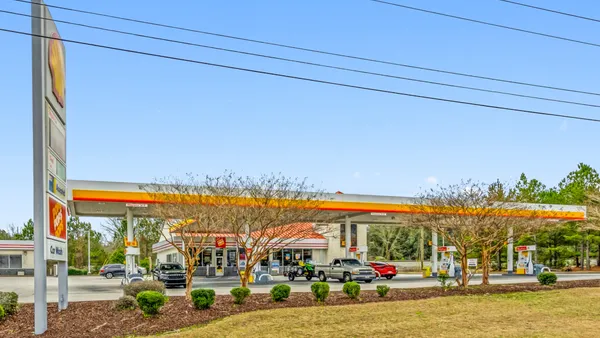Dive Brief:
- Parkland Corp.’s adjusted EBITDA in the U.S. during Q3 fell by about 47% compared to the same period last year, according to its earnings report released on Monday, marking yet another difficult quarter in the states for the Canadian retailer.
- Parkland’s U.S. segment delivered an adjusted EBITDA of $28 million during the third quarter compared to the $52 million it garnered in Q3 2024, according to the report. Parkland’s leadership said the drop was due to several factors, notably macroeconomic pressures and competition as well as underwhelming sales inside its convenience stores.
- Parkland’s latest down quarter in the U.S. comes days before the anticipated closing of its $9.1 billion sale to oil company Sunoco, which is so far the largest c-store deal of 2025.
Dive Insight:
Both Parkland and Sunoco announced on Monday that about six months after it was announced, the acquisition is expected to close this Friday, Oct. 31. If that materializes, Parkland’s shares will be delisted from the Toronto Stock Exchange and the newly combined entity, SunocoCorp, will begin trading on the New York Stock Exchange next week.
It also means that as soon as later this week, Sunoco may face its next challenge of turning around Parkland’s U.S. segment, which as of Sept. 30, includes 699 convenience retail sites, 122 of which are company-owned and operated. Since early 2023, Parkland has made hundreds of staff cuts to its U.S. segment and even explored a sale of its Florida business amid operational struggles. The company’s full-year revenue in the U.S. fell from $186 million in 2023 to $168 million in 2024, which leadership pinned on unfavorable market conditions causing declines in retail and commercial fuel volumes.
Those challenges have persisted in 2025. Not only did Parkland’s U.S. adjusted EBITDA drop by nearly 50% during Q3 compared to the same period in 2024, but it has so far fallen from $130 million during the first nine months last year to $70 million during that same time period this year, the company reported.
In its quarterly management discussion analysis shared on Monday, Parkland also noted that its food and convenience gross margins have dropped due to a decline in consumer demand and foot traffic at its c-stores. Additionally, same-store sales growth has fallen due to “inflationary pressures that have reduced discretionary consumer spending,” the company said. Food and c-store revenue declined by about $6 million during Q3 and by about $20 million through the first nine months of 2025.
Given fuel was the main driver of Sunoco’s acquisition, the Houston-based company has kept quiet on what it intends to do with Parkland’s convenience store network once the deal closes. When asked in August what Sunoco’s M&A priorities will be when that happens, Sunoco President and CEO Joseph Kim offered few details but said that the company will prioritize integrating Parkland’s assets into its network before assessing the market for any potential opportunities.


